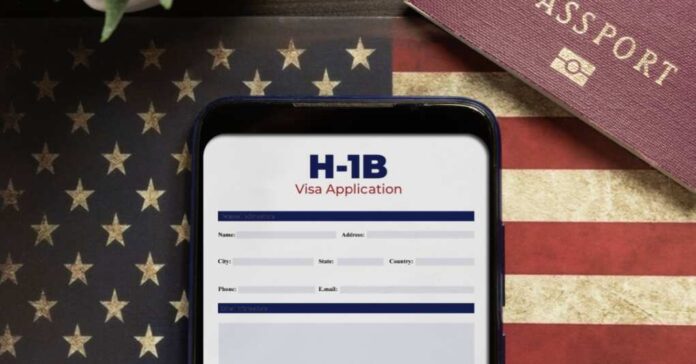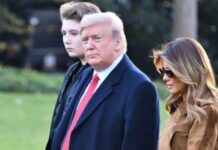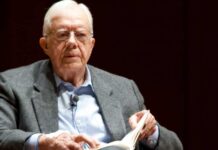
In a move that has left many conservative Republicans scratching their heads, President-elect Donald Trump has recently expressed support for the H-1B visa program—a system that allows U.S. companies to employ foreign workers in specialized fields. This endorsement aligns him with tech magnate Elon Musk and has ignited a fervent debate within the MAGA movement.
Let’s rewind to 2016, when candidate Trump lambasted the H-1B program, asserting it was detrimental to American workers. Fast forward to today, and we find him singing a different tune, praising the program’s virtues and even acknowledging its use within his own businesses. One might wonder: Is this a genuine change of heart or a strategic maneuver to placate his Silicon Valley allies?
Elon Musk, the billionaire CEO of Tesla and SpaceX, has been a vocal advocate for the H-1B visa program, arguing that it enables American companies to attract top-tier talent essential for maintaining a competitive edge. Musk’s stance is hardly surprising, given that his enterprises have benefited significantly from the influx of skilled foreign workers. However, this position has not endeared him to the more hardline factions of the MAGA base, who view such programs as a direct threat to American employment.
The crux of the matter lies in the perceived dichotomy between protecting American jobs and fostering innovation. On one hand, the H-1B program is designed to fill gaps in the labor market by bringing in expertise that may be scarce domestically. On the other hand, critics argue that it suppresses wages and displaces American workers. Trump’s recent endorsement of the program seems to suggest a shift towards the former perspective, much to the chagrin of his staunchest supporters.
Adding fuel to the fire is the appointment of Sriram Krishnan, an Indian American venture capitalist, as a senior policy adviser on artificial intelligence. This decision has been met with fierce opposition from far-right activists, who perceive it as a betrayal of the ‘America First’ ethos. The ensuing backlash has exposed a rift within the MAGA coalition, pitting economic nationalists against pro-business conservatives.
It’s worth noting that Trump’s businesses have historically utilized various visa programs to staff their operations. While he has been critical of the H-1B program in the past, his enterprises have employed foreign workers through H-2B and H-2A visas for roles ranging from hospitality to agriculture. This apparent contradiction between policy and practice raises questions about the sincerity of his previous hardline stance on immigration.
For conservative Republicans over the age of 40, this development may be particularly perplexing. Many have long supported Trump’s stringent immigration policies, viewing them as a bulwark against the erosion of American jobs and culture. To see him now aligning with tech elites in support of a program they believe undermines these very principles could be seen as a betrayal.
In the grand tapestry of politics, such reversals are not uncommon. However, they often come at the cost of alienating one’s base. As Trump prepares to assume office once more, he faces the delicate task of reconciling the divergent interests within his coalition. Whether his support for the H-1B program is a calculated risk to bolster economic growth or a capitulation to Silicon Valley remains to be seen.
In the meantime, the debate rages on, with both sides steadfast in their convictions. For those who champion the H-1B program, it represents a pathway to innovation and economic prosperity. For its detractors, it symbolizes the outsourcing of American opportunity. As the Trump administration charts its course, it will need to navigate these treacherous waters with caution, lest it finds itself adrift, having alienated the very supporters who propelled it to power.














